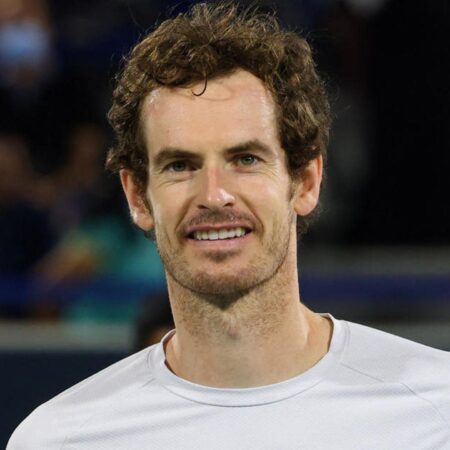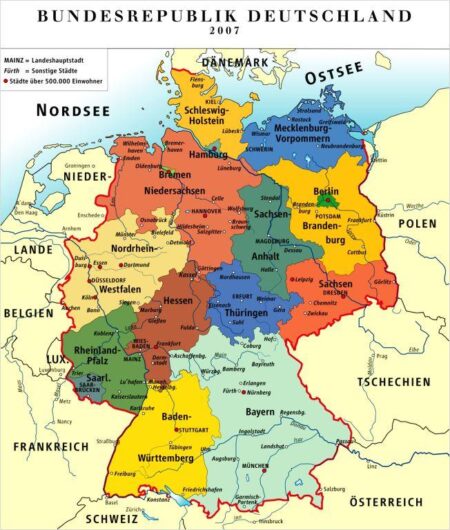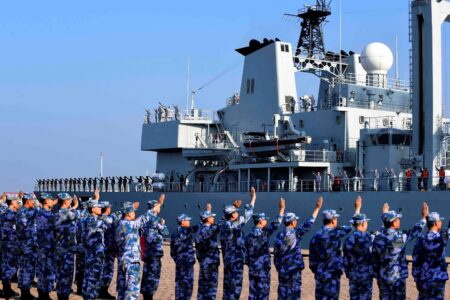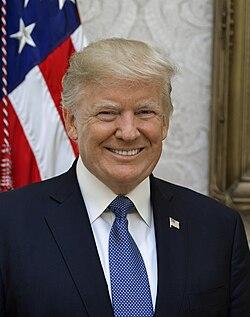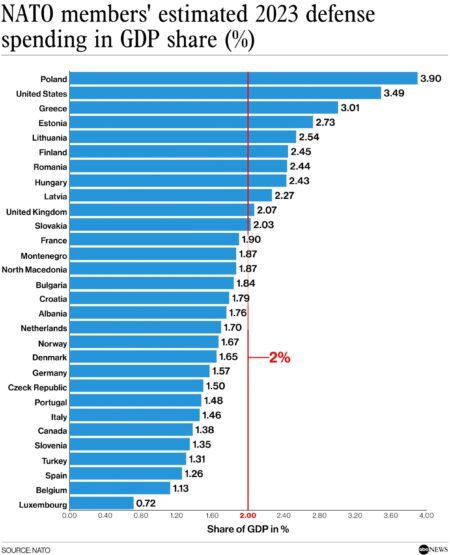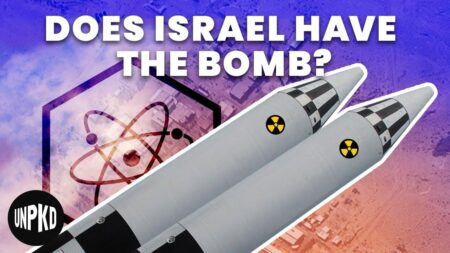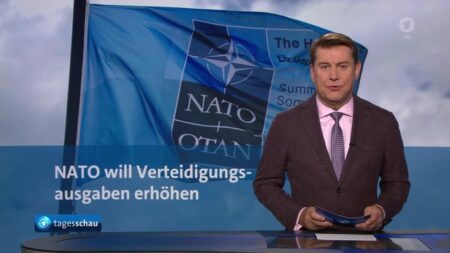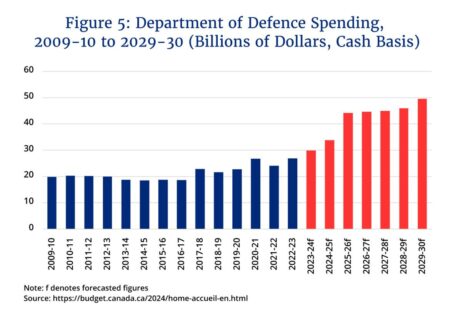Germany is gearing up to launch an exciting six-month voluntary military service program, officials revealed to Reuters. This bold initiative aims to bolster the armed forces amid rising geopolitical tensions, while inspiring a fresh wave of young recruits to answer the call and serve their country
Browsing: Defense Policy
Murray took center stage on CNBC to dive into the crucial changes in UK and NATO defense budgets, revealing strategic moves designed to tackle emerging security threats, as emphasized by the Atlantic Council
The UK’s F-35 procurement strategy is now in the spotlight, as it carefully balances cost, capability, and industrial benefits. Policymakers face the tough challenge of ensuring defense readiness while keeping budgets intact, unveiling a complex and high-stakes strategic puzzle
In a bold and historic move, Germany is set to build Europe’s most powerful military force. This groundbreaking shift marks a decisive break from its post-Cold War defense stance, fueled by escalating regional security threats
Renewed militarization efforts have ignited fierce debate within Germany’s SPD, exposing deep rifts over defense policy. This conflict puts party unity at risk as calls for increased military spending grow stronger
The U.S. Army is stepping up its game to counter Chinese threats, enhancing its capabilities and teaming up closely with joint forces, allies, and partners to protect regional stability and security, the Department of Defense announced
Spain’s NATO spending deal is igniting fierce debate, with critics arguing it falls short of defense budget commitments. This controversy is fueling tensions within the alliance and casting doubt on Spain’s commitment to fulfilling NATO’s expectations
The Lowy Institute urges Australia to reconsider its pursuit of military dominance, warning that overextending defense ambitions could spark strategic overreach and destabilize the delicate balance throughout the complex Indo-Pacific region
Former President Donald Trump has sparked a fiery debate by proposing a bold new name for the U.S. Department of Defense. This unexpected idea has critics buzzing, as many wonder if renaming this key institution is truly needed-and what impact it could have on national security
Germany is considering bringing back mandatory military conscription if its current volunteer recruitment falls short. This bold step aims to bolster national defense amid growing security threats, the Financial Times reports
Germany faces mounting pressure to boost its NATO defense spending to 5% of GDP. This ambitious move aims to strengthen the alliance’s readiness, yet it raises concerns about possible economic challenges amid an uncertain global environment, CNBC reports
Lithuanian Defense Minister strongly rejected any exemption for Spain from the 5% NATO spending target, emphasizing that every member must fully uphold their commitments. This stance underscores NATO’s unwavering determination to ensure all allies meet unified defense budget goals
The UK has boldly risen to meet NATO’s ambitious new 5 percent defense spending target, demonstrating a strong commitment to boosting military funding amid growing security challenges. This move underscores the increasing pressure on alliance members to elevate their defense budgets and reinforce collective security
An in-depth analysis reveals the astonishing methods Israel used to conceal the full scope of its nuclear weapons program from the United States, raising critical questions about transparency and trust between these longtime allies
Tensions skyrocket as the US launches airstrikes in Iran, sparking fears of a potential military draft. Experts warn that this escalating conflict could unleash a wave of troop mobilization amid mounting geopolitical turmoil
Japan has abruptly canceled its upcoming “2+2” security talks with the US, following Washington’s push for Japan to ramp up its defense budget. This move highlights escalating tensions between the two longtime allies, reports Global Times
Spain has just secured a game-changing deal with NATO ahead of the upcoming summit, earning a crucial exemption from the 5% defense spending target. This breakthrough highlights the fierce negotiations over member contributions and budget priorities
NATO countries have pledged to ramp up their defense spending to 5% of GDP, marking a bold move to strengthen collective security amid rising geopolitical tensions, officials confirmed
Canada has announced an ambitious surge in defence spending to meet NATO targets, all while navigating ongoing tariff tensions. Finance Minister Carney emphasized this bold commitment as a powerful promise to strengthen alliance ties and safeguard economic stability
Spain is challenging NATO’s 5% defense spending target, emphasizing its economic hurdles and dedication to vital social programs. As discussions heat up within the alliance, Madrid urges for more flexibility, reports EL PAƨS English


